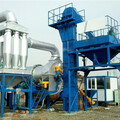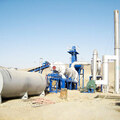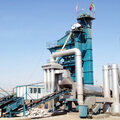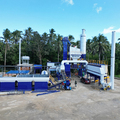Flexible intelligent conveying systems are revolutionizing the efficiency of material transfer in asphalt mixing plants. As the industry strives for improved productivity and reduced operational costs, adopting advanced conveying technologies is essential. This article discusses how these systems enhance material transfer efficiency, focusing on their benefits, features, and overall impact on asphalt production.
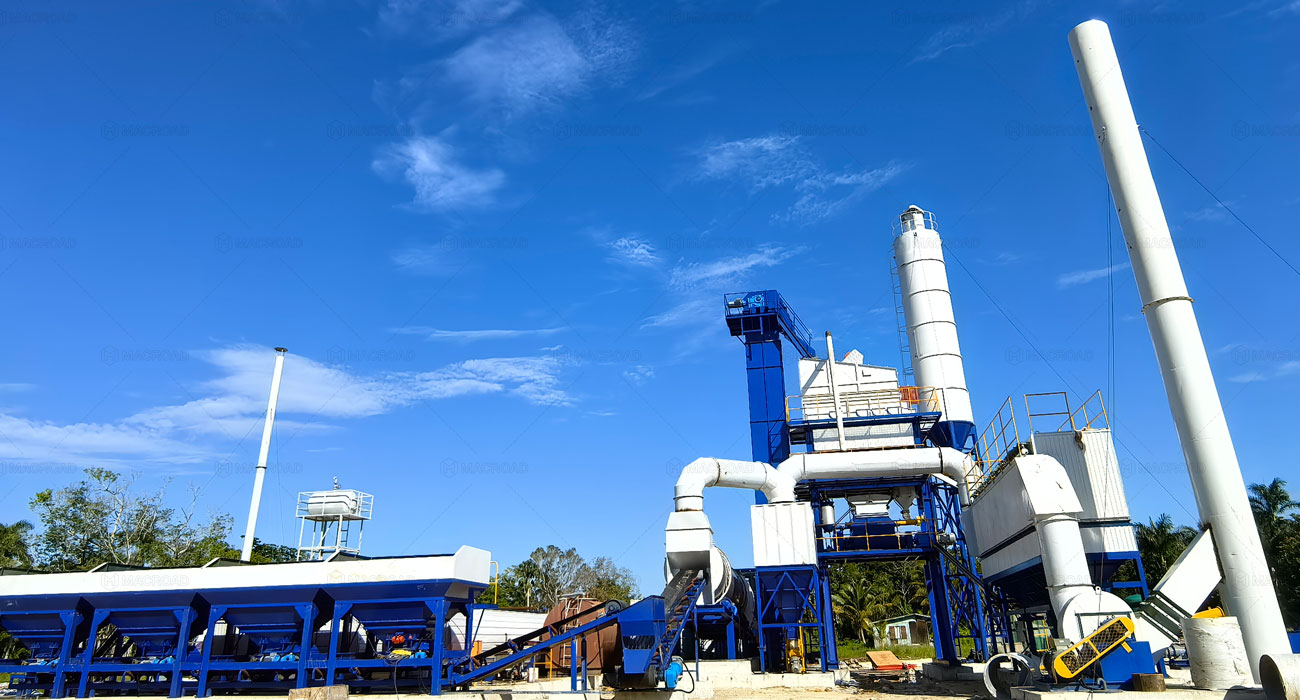
Enhancing Efficiency with Intelligent Conveying
Flexible intelligent conveying systems utilize advanced technologies, such as sensors and automated controls, to optimize the movement of materials within asphalt mixing plants. Unlike traditional conveying methods, these systems can adjust their operations in real time based on material flow, reducing bottlenecks and ensuring a smooth transfer process. This adaptability is particularly valuable in fixed asphalt mixing plants, where varying material types and quantities are common.
By implementing intelligent conveying systems, asphalt mixing plants can significantly enhance their material transfer efficiency. For instance, these systems can monitor the flow of raw materials and adjust speeds accordingly, minimizing delays and ensuring that the right amount of material is available when needed. This proactive approach not only increases productivity but also improves the overall quality of the asphalt produced.

Flexibility and Versatility in Operations
One of the key advantages of flexible intelligent conveying systems is their adaptability to different operational requirements. These systems can be configured to handle various materials, including aggregates, additives, and even recycled materials. This versatility is particularly beneficial for facilities that operate multiple types of asphalt mixing plants, such as mobile or mini asphalt mixing plants, where different materials may be used for various projects.
Moreover, the ability to quickly reconfigure conveying routes allows asphalt mixing plants to respond efficiently to changing project demands. For example, if a project requires stabilized soil mixing plant, the intelligent conveying system can be adjusted to accommodate these specific needs without significant downtime. This flexibility ensures that plants can maintain high levels of efficiency, regardless of the material requirements.
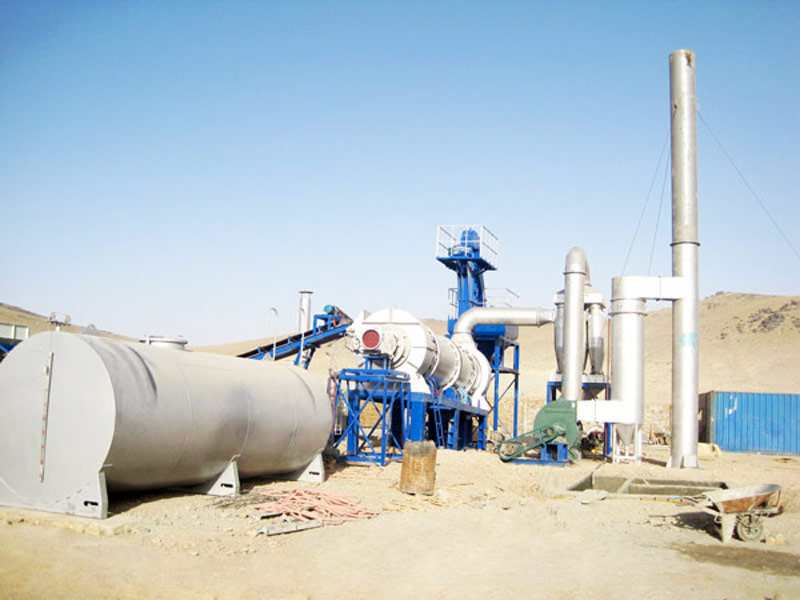
Cost Savings and Environmental Benefits
The implementation of flexible intelligent conveying systems not only enhances efficiency but also leads to significant cost savings. By optimizing material transfer processes, asphalt mixing plants can reduce waste and minimize the energy consumed during production. This reduction in energy use translates into lower operational costs, making the facility more economically viable.
Additionally, the environmental benefits of these systems cannot be overlooked. More efficient material handling reduces the carbon footprint associated with asphalt production. By decreasing the amount of waste generated and minimizing energy consumption, asphalt mixing plants can contribute to more sustainable construction practices. This is particularly important as the industry faces increasing pressure to adopt greener technologies.
In conclusion, flexible intelligent conveying systems play a crucial role in improving material transfer efficiency in asphalt mixing plants. By enhancing operational flexibility, optimizing material flow, and providing significant cost and environmental benefits, these systems position asphalt producers for greater success in a competitive market. Embracing these advanced technologies will be essential for meeting the evolving demands of the asphalt industry while promoting sustainability and operational excellence.

